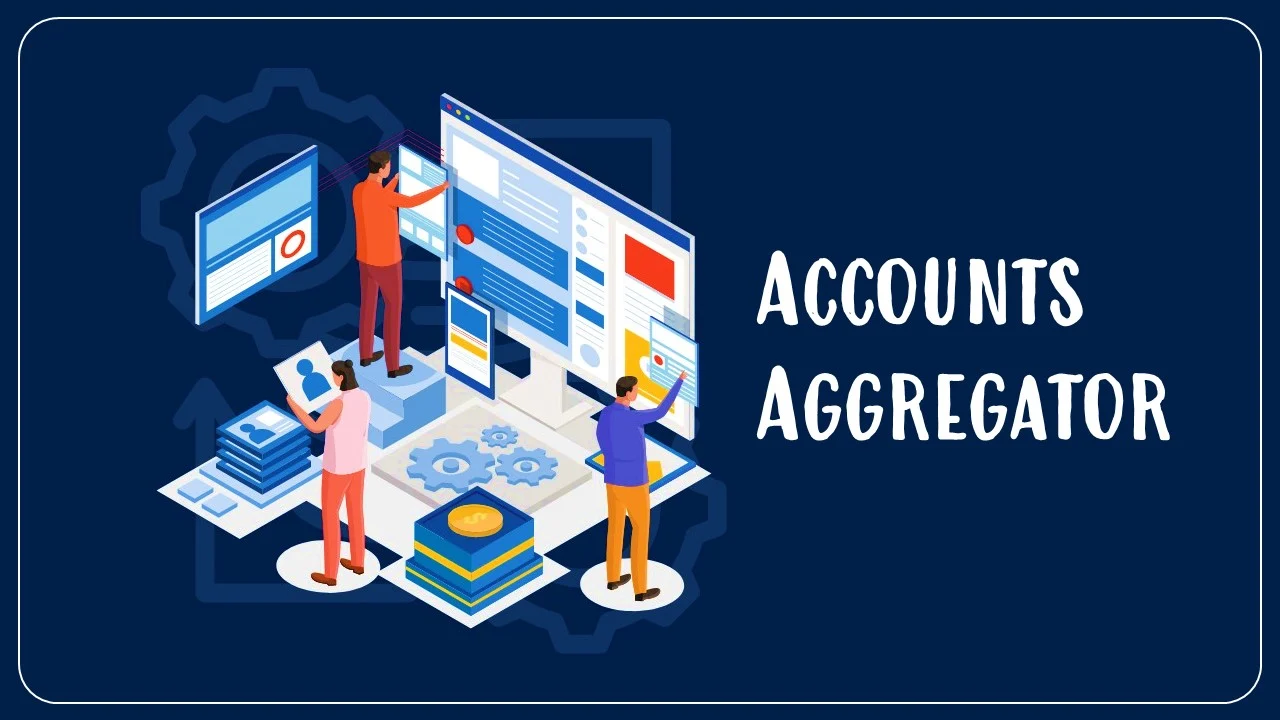TECH
How do Account Aggregators in India Benefit their users and financial institutions?

It is truly the digital age, and while the whole world is at the user’s fingertips, sharing financial information is both tiring and risky. Account aggregators in India are bringing the transformation we need in the finance industry of digital India through the introduction of data security and privacy. Let us look at how these apps work and how they benefit their users along with the financial institutions.
The Working of Account Aggregator Software
Account aggregator software works by offering authorized and secure access to a user’s financial data across different service providers or institutions. The operations of such software are explained in detail below:
- Authorization by the user: The entire software runs on the user’s authorization and consent. The user needs to add specific information to the app. Upon getting consent from the user, this information will be shared with a third-party service provider. There is a consent management system in place for this authorization.
- Requesting for data: When a third-party service provider needs access to the user’s financial data with the help of an account aggregator in India, they need to send a request. Only after the request is approved by the user can the data be seen by the third party.
- Consent Management: The account aggregator software checks for consent to data sharing. Only if the user has consented to the sharing of requested data will the data be shared.
- Retrieving the Data: The account aggregator software interacts with the financial institutions the user is connected to (banks, insurance companies, etc.) to retrieve the data that is requested by the third party. This process is carried out using secure APIs (Application Programming Interfaces).
- Data Aggregation: The retrieved data is collected from different sources and consolidated into a standardized format. The data can include transaction history, credit score, account balance, etc.
- Security & Encryption of Data: In this procedure, the data is encrypted and secured for the sole purpose of protecting the privacy of the user and offering unauthorized access.
- Transmission of Data: This aggregated data is then transmitted to the third-party service provider who requested access to it.
- Supervision and Control of Access: Account aggregators offer their users tools to supervise their data. Users also have complete control over access to their data; they can set limits and revoke consent for data. The user decides what data can be shared and for how long.
- Real-Time Access to Data: Certain account aggregators in India can offer real-time access to financial data, ensuring that the shared information is not outdated.
With the help of account aggregator software, users can exercise complete control over their financial data. This allows them to share this data with authorized third-party service providers without sharing any login credentials or navigating their digital platforms manually. This technology doesn’t just improve user experience in data sharing but also improves data access for people.
Benefits of Account Aggregators of India for the Users:
- Easy Access: Users can easily share and access their financial information with multiple financial institutions without manually filling out the forms. There is no need for physical documents or even virtual login credentials.
- Saves Time: With the sharing of data streamlined, it is less time-consuming to share financial data, apply for loans, manage one’s investments, or perform any other transaction.
- Better Access to Financial Services: The users can use their financial data for access to a wider range of financial services and products. This is especially easy when it comes to insurance products, credit facilities, and personalized financial advice.
- Improved Management of Personal Finance: With the help of account aggregators in India, users can get a consolidated view of their current financial status. This is because all their financial information is in the same place. This allows the users to make better plans for their investments, make and stick to a budget as well as track their expenses.
- Better data security: Last but definitely not least, this type of software gives the user complete authority and control over data sharing. This is done with the help of a consent management system so that the user’s data is shared with authorized parties in a very secure manner.
Benefits for Financial Institutions:
- Efficiency in Customer Onboarding: The reduction in manual verification and data sharing makes it very easy and quick for financial institutions to onboard customers.
- Better Risk Assessment: With updated data about their customers, account aggregators can improve risk assessment and credit scores, which directly impacts financial institutions’ lending decisions.
- Cost-effective: The use of account aggregator software reduces the overall operational cost of collecting and verifying customer data. This method proves cost-effective and positively impacts these businesses’ profit margins.
- Better Customer Reach: These institutions can reach underserved or new customer segments by leveraging account aggregators, expanding their customer base and market reach.
- Support in Innovation: Account aggregators enable innovation through effective collaboration among financial institutions and fintech companies. This allows fintech companies to develop new products and services through secure data sharing.
- Regulatory Compliances: By using an account aggregator software of India that is certified by RBI, financial institutions can easily comply with the government compliances related to customer consent and data privacy.
Conclusion
Account aggregators in India are shaping a new future for the fintech industry of the countr. This is because whenever a new fintech product/ service is introduced, the customers are wary of it because of security concerns. Accounts aggregator software like Anumati gives users the benefit of convenience, time-saving, and better access to financial services. The financial institutions get better efficiency, adherence to regulatory compliances, improved risk assessment and more opportunities for innovation. It is truly a mutually beneficial relationship that has something to offer to both ends of the spectrum.
Read More News at: TodayFirstMagazine







